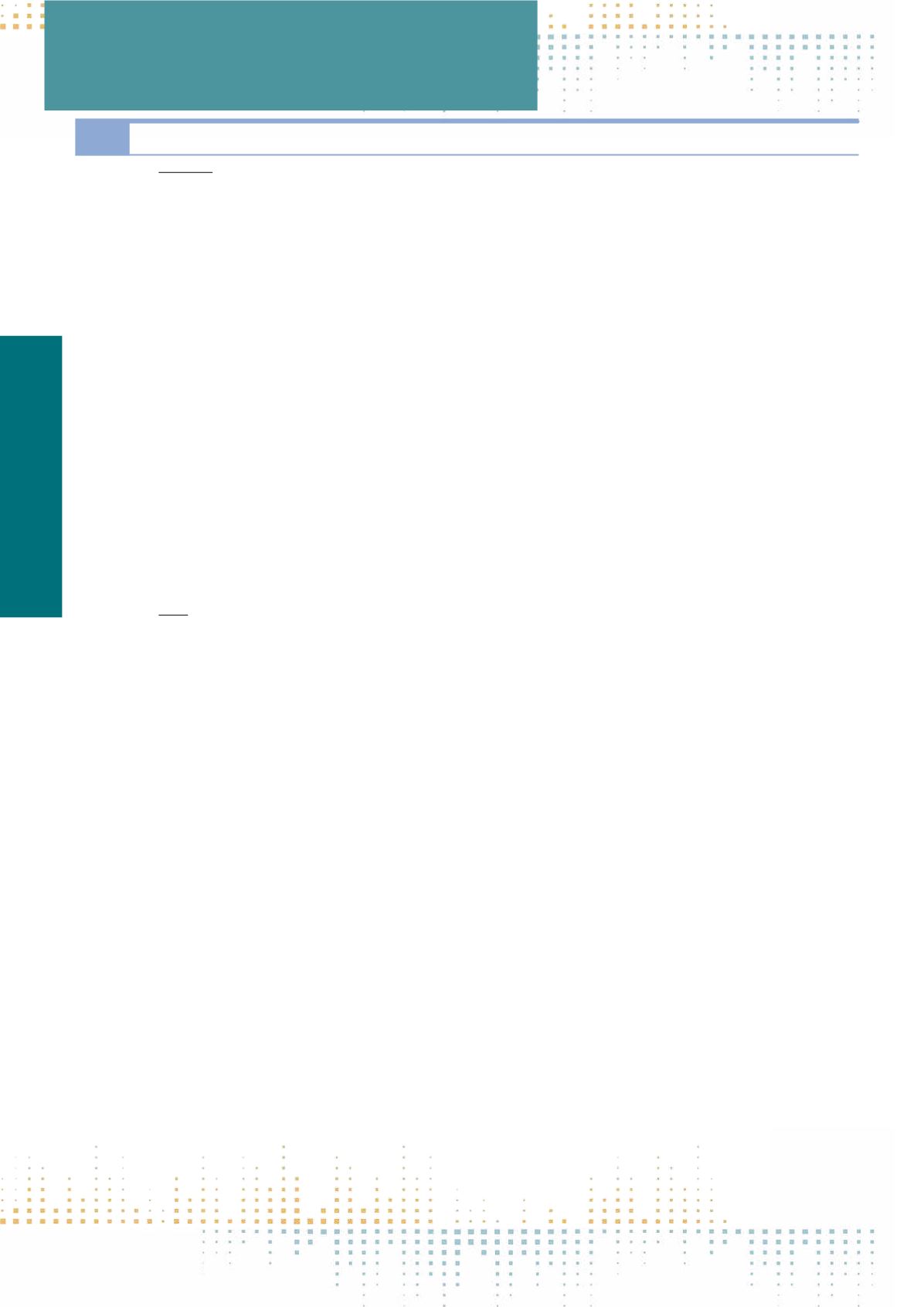

506
Thursday, November 10
0 9 : 0 0 – 1 0 : 3 0
POL01
Social Media and Politics: Global Experiences
E. Skogerbo
1
1
University of Oslo, Oslo, Norway
Politics and the media have always been closely interrelated. The very dawn of democratic structures is inextricably linked to the gradual development
of effective systems for the mediation of ideas between political leaders and the public. Political science and media and communication studies – and
allied disciplines – have recognised this interdependency and identified the catalyst moments that document a shifting of the balance between existing
and emerging media forms. Barack Obama’s 2008 presidential campaign was widely highlighted as the breakthrough moment for the use of contemporary
social media platforms in political campaigning – and spawned research that investigates how social media intersect with political and electoral process.
This panel presents insights from studies published in The Routledge Companion to Social Media and Politics (2016). It represents an effort to amend
a considerable, persisting limitation of much of the work that examines the nexus of politics and the media: the overrepresentation of studies that exam‑
ine the United States and other large nations. While excellent work has been done elsewhere, it has failed to generate the same impact as the research
emerging from more hegemonic contexts. Such imbalances in the literature on media and politics appear to be even more pronounced when we shift our
attention exclusively to contemporary social media platforms such as Facebook and Twitter, as the latest wave of innovation in political communication.
Created and first broadly adopted in the United States, these platforms are now used in many countries around the globe, although with widely varying
levels of market penetration amongst different user demographics. These considerable localised variations make it difficult to translate, say, observations
from the Obama 2008 campaign to another country context. What is necessary instead is a broad-based, cross-national investigation of social media use
in political communication and campaigning that allows for a charting of the similarities and differences in social media adoption and application against
the backdrop of specific national contexts. In addition to reviewing current and emerging theory on the intersections of social media and politics, the Com‑
panion examines political uses of social media by movements and in electoral campaigns around the world. These studies explore the sometimes surprising
inspirations and interconnections that emerge as activists look to learn from social media experiences elsewhere in the world. They reveal the growing
sophistication of social media-based political activities, but also highlight the repeated reinvention of wheels, as well as a variety of missteps and dead
ends. This panel selects and further updates a number of the most notable contributions to this collection, showcasing the strength of research into social
media and politics well beyond the major cases.
PN 001
“Trust Me, I Am Authentic!” How Politicians Use Social Media to Construct Authenticity
G. Enli
1
1
University of Oslo, Media and Communication, Oslo, Norway
In a media-centred democracy, nothing is more important for a politician than coming across to voters as authentic, genuine and totally real. Authenticity
is associated with a certain trustworthiness that goes beyond political disagreement, and might even protect politicians against criticism. However, au‑
thenticity is a complicated term, and is used differently in various disciplines. In this context, however, it should not be confused with the psychological
dimension of‘being true to your inner self’, but more along the lines of‘self-presentation’(Goffman 1956), and political branding (Banet-Weiser 2012). This
paper asks how politicians use social media to construct authenticity, and to what degree their image building is supported or demolished by user-gener‑
ated comments and feedback. The study draws on a textual analysis of social media updates (Twitter, Facebook, and Instagram) of elite politicians in three
western democracies. The selected politicians are the US president Barack Obama, the Canadian Prime Minister Justin Trudeau, and the Norwegian Prime
Minister Erna Solberg. The empirical material includes the selected politicians’ posts during their recent election campaigns, supplemented by one month
outside election campaigns. The material includes user-comments that are visible in the original post. A key finding in the study is that the politicians use
a set of common authenticity markers, but that they also has unique ways of communicating authenticity on social media. The differences are explained
by differences in political culture, economic resources, but also by the politicians’personalities and priorities. A second finding is that there is an on-going
negotiation of authenticity between the politicians and voters, taking place in social media, and that the constructed image-building as authentic has to
be in line with the voters’ expectations of the politician, based on norms in society, as well as the politicians’ image in mainstream media - in order to be
interpreted as authentic. Lastly, the paper discusses the implications of this new communicative form for the relationship between politicians and voters,
and argued that there are elements of (celebrity) fandom, but also of disrespect and contempt. In both cases, the result is clearly an increased personal‑
ization of politics, and contrasting the personalization of politics in tabloid press, this form of self-presentation is conducted by the politicians and their
communication staffs themselves.
Political Communication
(POL01–POL18)



















